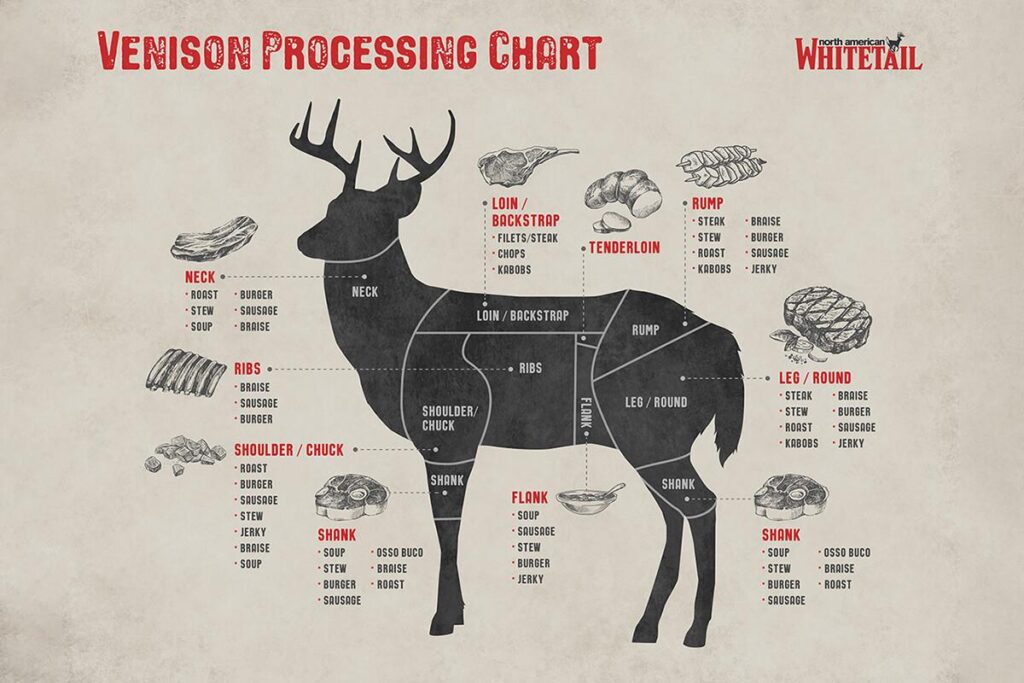Guinea-Bissau and Gambia Establish Partnership to Strengthen Regional Stability Amid Political Challenges
In a pivotal development aimed at enhancing peace and cooperation in West Africa, Guinea-Bissau and Gambia have formalized a bilateral agreement designed to address the political uncertainties both countries face. This accord reflects their joint determination to manage complex internal dynamics while fostering security and economic progress. With Guinea-Bissau experiencing recurrent governmental shifts and Gambia emerging from prolonged authoritarian rule, this alliance seeks to confront mutual issues such as border management, economic integration, and democratic reforms. Observers across the continent recognize that this collaboration could influence broader regional stability efforts within West Africa’s evolving geopolitical landscape.
Strengthening Security through Guinea-Bissau-Gambia Collaboration
This newly forged partnership marks a strategic effort by Guinea-Bissau and Gambia to reinforce security frameworks in a region long challenged by threats like terrorism, drug smuggling, and irregular migration. Both governments are committed to intensifying joint military training programs, sharing intelligence more effectively, and conducting coordinated operations aimed at neutralizing these persistent dangers. Analysts suggest that this model of cooperation could inspire other West African nations grappling with similar security concerns.
Key components of their security collaboration include:
- Coordinated Military Drills: Scheduled exercises designed to enhance tactical readiness.
- Secure Intelligence Networks: Development of encrypted communication channels for timely threat information exchange.
- Civic Security Initiatives: Engagement programs intended to build trust between communities and law enforcement agencies.
Additionally, discussions are underway about creating an integrated task force combining military personnel from both countries. This unit would be tasked with rapid response capabilities against cross-border threats. As regional tensions persist elsewhere in West Africa-such as ongoing conflicts in neighboring areas-this alliance represents a proactive approach toward sustainable peacebuilding.
Economic Growth and Border Cooperation at the Heart of the Agreement
Beyond security concerns, the pact emphasizes shared ambitions for robust economic development coupled with stable border relations. Recognizing that poverty reduction hinges on infrastructural improvements and trade facilitation, both nations have outlined several initiatives:
- Infrastructure Development: Collaborative projects focusing on upgrading road networks linking key commercial hubs between Guinea-Bissau and Gambia.
- Simplified Trade Procedures: Efforts aimed at lowering tariffs alongside streamlining customs processes to boost bilateral commerce.
- Sustainable Resource Management: Joint stewardship agreements targeting fisheries preservation and agricultural productivity enhancement.
The leaders also underscored cross-border stability as vital for uninterrupted growth. To mitigate illicit activities such as smuggling or trafficking along their shared frontier, they plan measures including:
- Bilateral Border Patrols: Coordinated surveillance teams operating along vulnerable points.
- Crisis Prevention Intelligence Sharing: Early-warning systems based on real-time data exchange between agencies.
- Cultural Exchange Programs: Initiatives promoting social cohesion among border communities through dialogue forums.
These combined efforts aim not only at securing territorial integrity but also nurturing an environment conducive to investment opportunities across sectors.
Ensuring Long-Term Success through Governance Reform & Community Involvement
For this partnership’s benefits to endure sustainably, reinforcing governance structures is paramount. Transparent institutions that embrace inclusivity will be critical in ensuring policies reflect diverse societal interests rather than narrow agendas. Strategies recommended include:
- The establishment of regular public forums : Platforms where citizens can voice concerns related to governance challenges directly influencing their lives;
- Civil society collaborations : Partnering with NGOs focused on accountability enhances oversight mechanisms; li >
- < b > Leadership capacity building: b > Training local officials equips them with skills necessary for participatory decision-making processes . li >
ul >Equally important is embedding community engagement into all facets of cooperation between Guinea-Bissau and Gambia by creating accessible channels for dialogue:
- < strong > Bilateral community councils : strong > Groups comprising representatives from various regions tasked with monitoring implementation progress ; li >
- < strong > Participatory budgeting schemes : strong > Allowing residents input over allocation priorities fosters ownership ; li >
- < strong > Awareness campaigns : strong > Educating populations about civic rights strengthens democratic culture . li >
ul >Such inclusive approaches help bridge gaps between government actions & citizen expectations – essential ingredients for lasting peace & prosperity.
Final Thoughts on Guinea-Bissau’s & Gambia’s Path Toward Regional Stability
Ultimately, the recent agreement signals an encouraging shift towards cooperative problem-solving amid political volatility affecting both countries individually-and West Africa collectively. By uniting efforts around enhanced security protocols alongside economic integration strategies grounded in mutual respect & transparency , these neighbors set an example worth emulating throughout the region.
As international stakeholders observe how this alliance unfolds against ongoing challenges-from fluctuating leadership dynamics within Guinea-Bissau (which has seen over five government changes since 2020) to The Gambian transition toward democratic consolidation-the potential ripple effects extend well beyond national borders.
This pact serves as a timely reminder: forging resilient partnerships rooted in trust may well be key drivers unlocking greater stability-and ultimately prosperity-for all communities across West Africa’s diverse mosaic.

